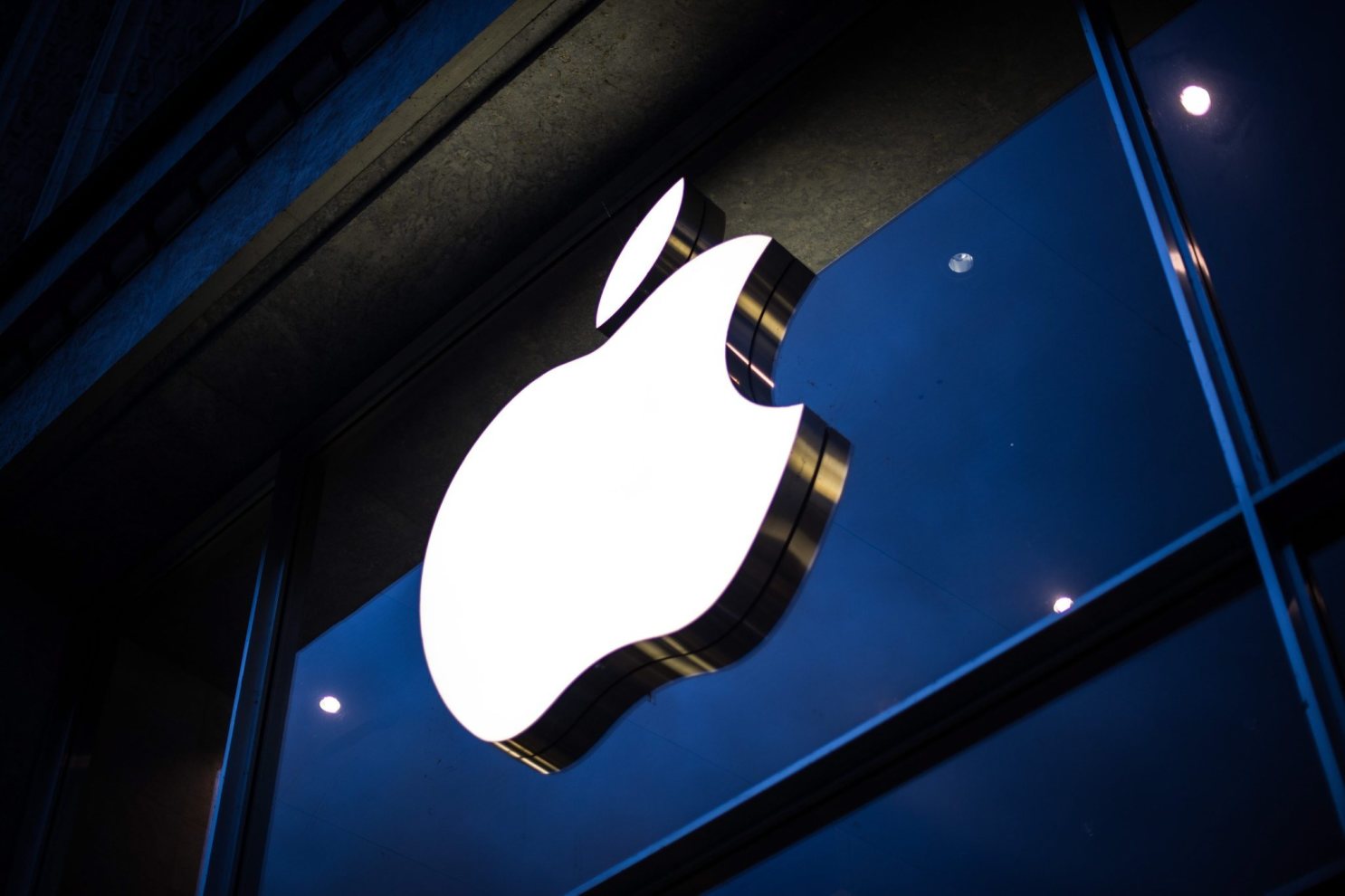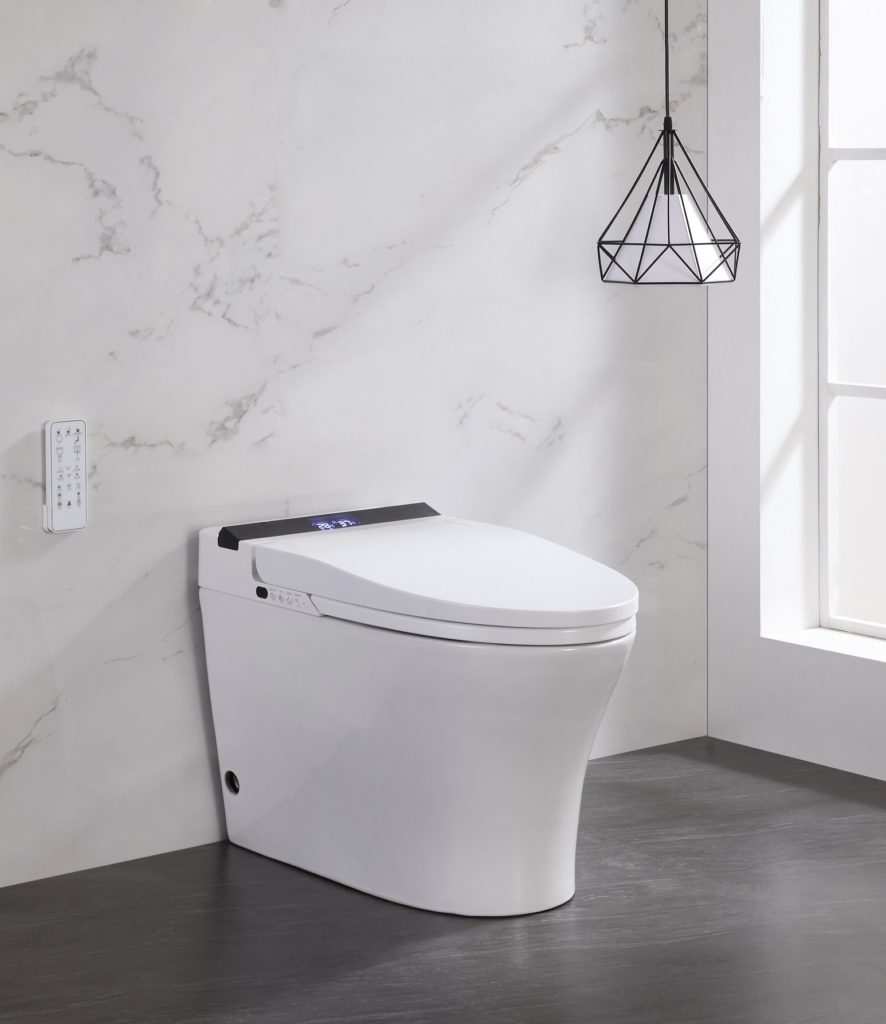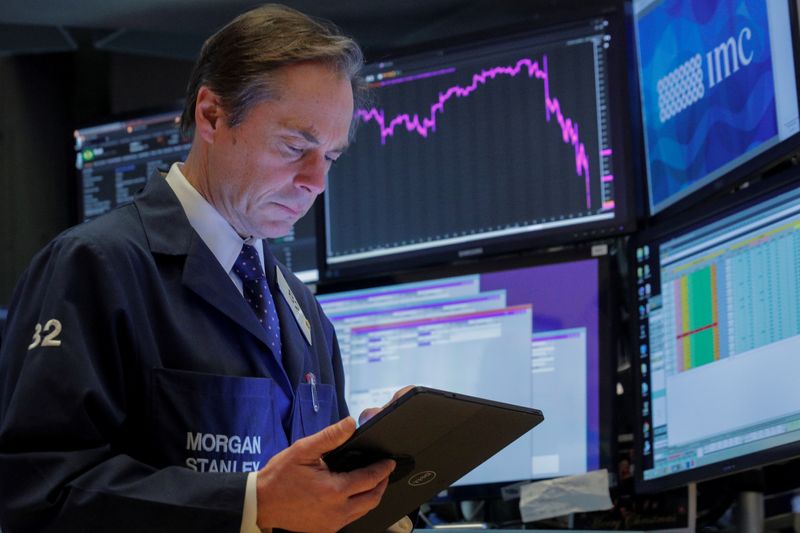Apple contended that representatives could leave individual sacks at home to abstain from being looked
The California Supreme Court says state law expects Apple to pay retail location representatives for the time they spend hanging tight for pack look toward the finish of a move.
“We conclude that plaintiffs’ time spent on Apple’s premises waiting for, and undergoing, mandatory exit searches of bags, packages, or personal Apple technology devices, such as iPhones, voluntarily brought to work purely for personal convenience is compensable as ‘hours worked,’” Chief Justice Tani Cantil-Sakauye wrote in the court’s choice.
Apple’s strategy requires retail location laborers to submit to searches of their own packs in the wake of checking out however before leaving the store.
The strategy requires the administrator directing the inquiry to “ask the employee to remove any type of item that Apple may sell” and check sequential quantities of a representative’s “personal technology.”
The workers said that on occupied days, they may wind up standing by near 45 minutes for an administrator or security official to be accessible to direct the hunt, per the organization rule. Apple has 52 retail locations in California.
Apple contended that store laborers could decide not to bring sacks or individual Apple gadgets — which it described as “optional” — to work and evade the quests. The organization contended that this strategy profited the representatives being looked, which the court said was “far-fetched.”
“The irony and inconsistency of Apple’s argument must be noted. Its characterization of the iPhone as unnecessary for its own employees is directly at odds with its description of the iPhone as an ‘integrated and integral’ part of the lives of everyone else,” the court composed.
A gathering of laborers recorded a legal claim against the organization, and the US Ninth Circuit Court of Appeals asked the state Supreme Court to decide if California state law required the representatives to be made up for this holding up time.
The California Supreme Court choice is retroactive, and the case presently comes back to the Ninth Circuit for the judges to apply the translation, they clarifies.
Apple didn’t react to an email from The Verge looking for input.
Disclaimer: The views, suggestions, and opinions expressed here are the sole responsibility of the experts. No journalist was involved in the writing and production of this article.



